Gachagua, Kalonzo, and Matiang’i Unite in Bid to Challenge Ruto in 2027
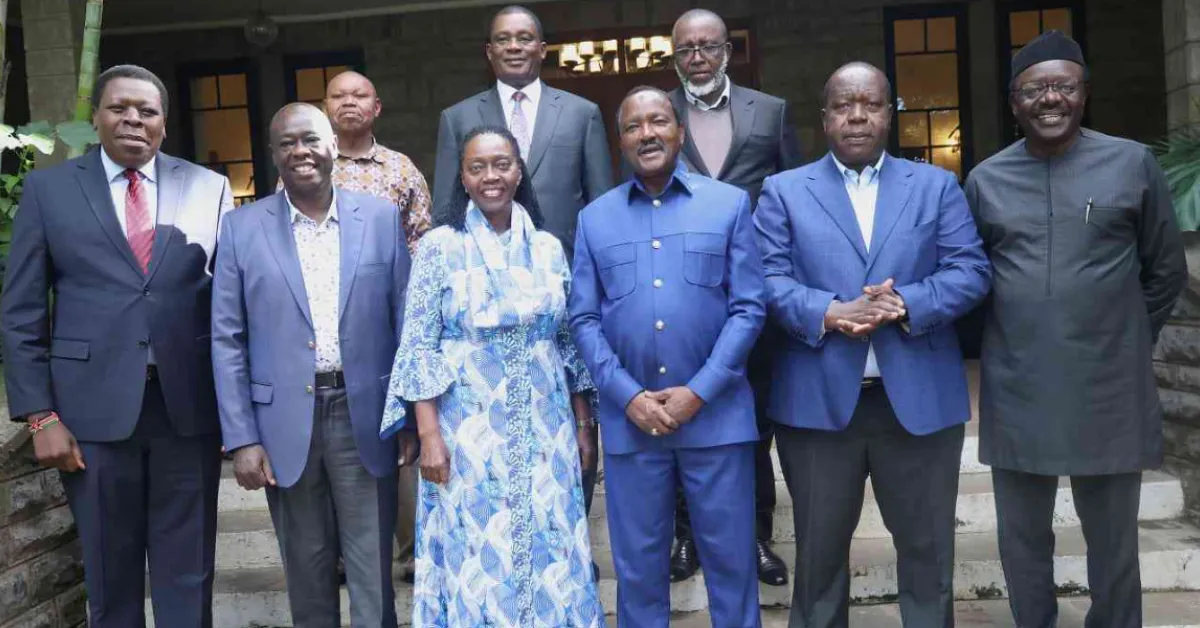
A coalition of prominent political figures has emerged in Kenya, poised to challenge President William Ruto’s administration in the 2027 General Election.
The alliance includes former Interior Cabinet Secretary Fred Matiang’i, former Deputy President Rigathi Gachagua, Wiper Party leader Kalonzo Musyoka, Martha Karua, and former Public Service Cabinet Secretary Justin Muturi. The coalition, which also comprises Eugene Wamalwa, Mithika Linturi, and Mukhisa Kituyi, represents a diverse spectrum of political ideologies and regional interests, uniting former adversaries under a shared ambition to redirect the nation’s political trajectory.
The formation of this nine-member team comes amid heightened political activity, particularly with Matiang’i's return to the national stage after months of speculation. His reentry is viewed as a strategic boost to the opposition's prospects in the upcoming elections. Gachagua has amplified the alliance's message, asserting on social media that it is “on the right side of history,” signalling their intent to galvanise widespread support.
While the leaders have voiced a commitment to unity, the critical question of who will lead the coalition as its presidential candidate remains open. Gachagua, who has openly declared his presidential aspirations, has stated he is willing to support the coalition's final choice, even if not selected. This underscores the delicate balancing act needed to maintain cohesion, as each member brings their aspirations and constituencies to the table.
Karua, having rebranded her political outfit as the People’s Liberation Party, and Musyoka, who has hinted at significant political overhauls, are among those vying for the presidency. Wamalwa and Matiang’i have also been mentioned as potential candidates. Despite these uncertainties, the alliance has pledged to consult extensively and present a united front, emphasising their shared goal of unseating President Ruto.
The coalition's emergence coincides with growing concerns regarding the integrity of Kenya's electoral process. Opposition leaders have called for consultations on the appointment of the Independent Electoral and Boundaries Commission (IEBC) commissioners, emphasising that the selection process must inspire public confidence. They have criticised the IEBC selection panel for allegedly failing to uphold the highest standards of credibility, warning that a flawed commission could undermine the legitimacy of the 2027 elections.
This issue has become a rallying point for the opposition, as they seek to position themselves as defenders of democratic principles and accountability. Beyond electoral reforms, the alliance is crafting a comprehensive strategy. Gachagua has announced plans to unveil a political vehicle aimed at consolidating support in the Mt. Kenya region, while Matiang’i is expected to participate in a cultural and political ceremony in Gusii Stadium, signalling his intent to solidify his base. These efforts reflect a broader push to build a national coalition capable of challenging Ruto's re-election bid.
The group's internal consultations and planned public appearances are designed to strengthen their unity and amplify their message as they navigate the complexities of coalition politics. However, the alliance faces significant challenges. Maintaining cohesion among leaders with competing ambitions and differing ideologies will require careful negotiation and compromise. The question of leadership remains a critical issue, as the coalition must present a candidate who can unite its members and inspire confidence among voters.
Meanwhile, the Independent Electoral and Boundaries Commission (IEBC) has faced scrutiny following the 2022 elections, particularly concerning its transparency and handling of voter registration. These concerns have been amplified by opposition leaders, who are calling for comprehensive reforms to ensure a credible and transparent electoral process in 2027.
Political analysts suggest that the success of the newly formed alliance will hinge on its ability to effectively mobilise grassroots support and present a unified front on key policy issues. The coalition's diverse composition could be both a strength and a weakness, as it seeks to appeal to a broad range of voters while managing internal divisions.

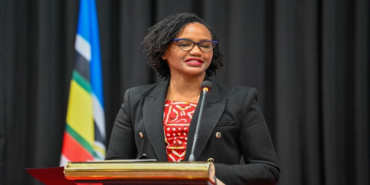
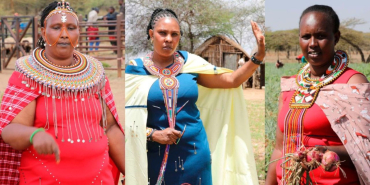
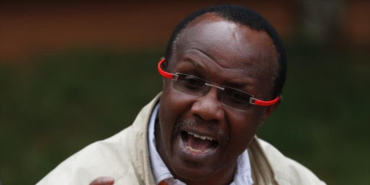
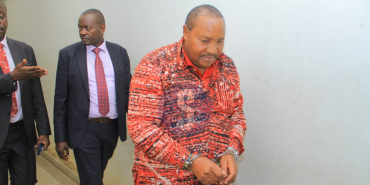
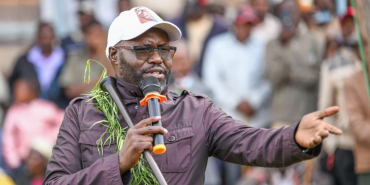
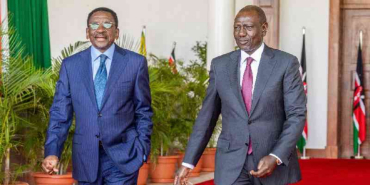

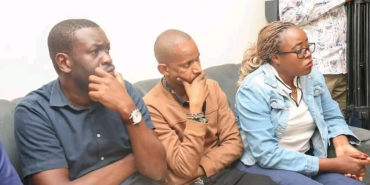
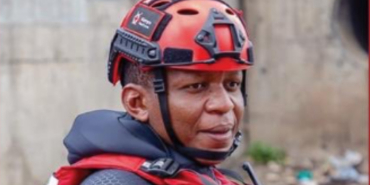


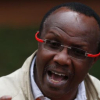

Add new comment